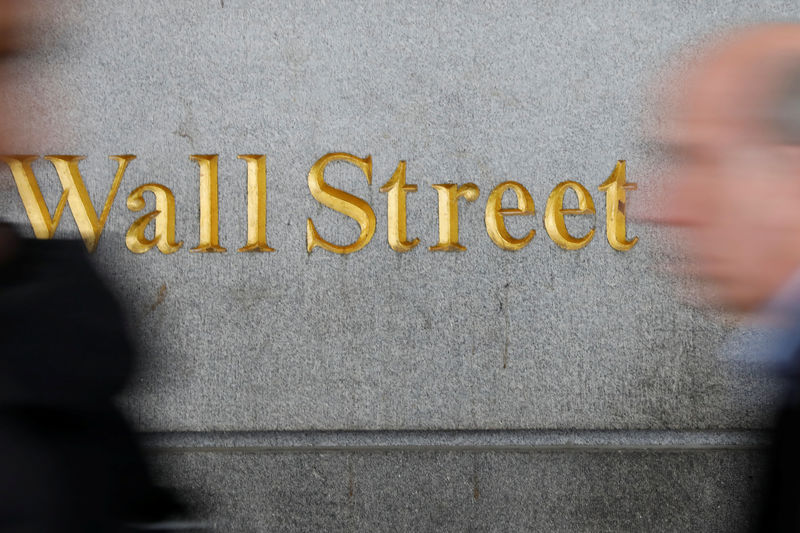'AI orchestrator' GitLab's stock earns a new bull on Wall Street
Investment firm Baird on Monday started research coverage on GitLab stock with an Outperform rating and a $59 price target. The move comes amid Baird analysts' growing confidence in GTLB’s potential for growth and market share acquisition in the DevSecOps sector.
Gitlab Inc (NASDAQ:GTLB ), which Baird also calls the "AI orchestrator," develops a platform that integrates artificial intelligence (AI) and advanced security features within a cloud-native architecture, and is seen as well-positioned to meet the rising demand for secure and efficient software development solutions.
The firm notes that GitLab's success in securing high-value annual contracts, particularly in its security-focused Ultimate tier, contributes to over 46% of its total Annual Recurring Revenue (ARR).
Moreover, the company's strategic expansion in AI and security capabilities is expected to drive continued market share gains and improvements in operational efficiency and margins. This is further supported by GitLab's raised guidance for fiscal year 2025, reinforcing the company's trajectory for robust long-term growth and highlighting the potential for upside.
Founded in 2011, GitLab has grown from an open-source project to become a leading platform in the DevSecOps space.
The company's single-application approach has been a game-changer in the industry, accelerating software delivery while integrating security into the workflow.
“We initiate coverage on GitLab due to its leadership in DevSecOps, strong AI-driven innovations, and strategic positioning in an expansive Total Addressable Market, addressing the increasing demand for efficient, secure, end-to-end software development solutions,” Baird analysts said.
The firm’s $59 price target on the stock reflects an enterprise value-to-sales (EV/Sales) ratio of about 9.8x its estimated revenue for 2025, which is higher than the peer group's average multiple of approximately 8.8x EV/Sales.
Baird said that potential risks to its bullish outlook include the possibility of AI-driven disruptions, increased competition from larger cloud service providers (CSPs), and concerns about vendor lock-in concerns, among other factors.
Source: Investing.com
